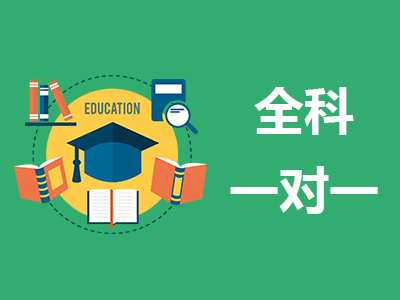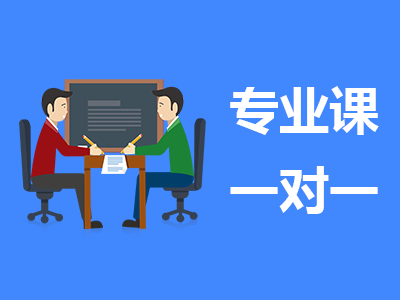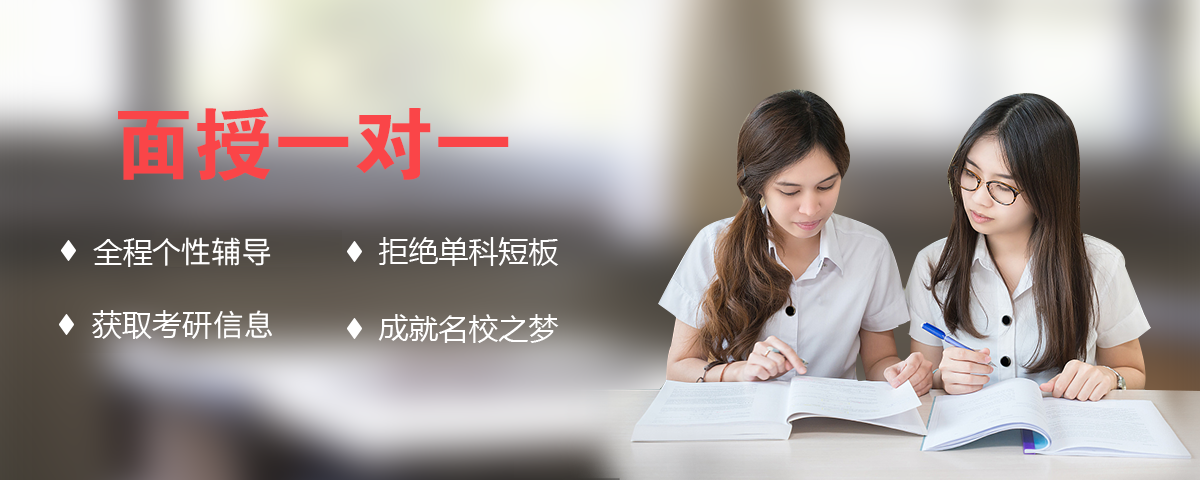考研英语阅读中的篇章很多都是出自英文原刊,因而对考生的阅读有一些难度。如果考生能够在英语复习之余,有精力的话多读一下考研精品阅读。新祥旭考研为大家提供2016考研英语精品阅读。
一位高级官员周二表示,中国推迟放弃一胎化政策是出于对人口会过快增长的恐惧——尽管人口学家们表示,在1979年出台该政策之前,中国的人口出生率已经在下降。
Beijing decided last month to relax the restriction — one of the most draconian socialexperiments in modern history and for long the focus of criticism overseas and resentment athome — and allow all couples to have two children.
北京方面上月决定放宽限制,允许所有夫妇生育两个孩子。一胎化政策是现代史上最严厉的社会实验之一,几十年来一直是海外批评和国内不满的焦点。
The government has been under domestic pressure to end the policy, which has contributedto an ageing society and a shortage of workers.
中国政府一直在国内受到压力,要求其终结一胎化政策,这项政策加剧了社会老龄化和劳动力短缺。
Wang Pei’an, vice-minister of the National Health and Family Planning Commission, toldreporters that officials had been influenced by research that implied an end to the one-childpolicy would lead to a spike in births.
中国国家卫生和计划生育委员会副主任王培安告诉记者,官员们受到一些研究的影响,这些研究表明,终结一胎化政策将导致出生人口激增。
Mr Wang said a study of the nation’s population growth between 2006 and 2008 showed 80per cent of Chinese couples wanted one boy and one girl. That survey, combined with Germanresearch estimating families must average three children to have at least one of each, alarmedfamily planners, he said.
王培安说,针对2006年至2008年全国人口增长的一项研究显示,80%家庭都是希望家里面有儿有女。他表示,那项调查结果,加上德国一项研究估计家庭必须平均生育三个孩子,才能实现有儿有女,使计划生育官员们震惊。
They instead opted for a phased approach, first allowing two urban parents who were bothsingle children to have a second child, then couples where just one was an only child and finallyallowing a second child for all, Mr Wang said. He would not explain why those steps took solong to roll out.
王培安表示,于是,中国选择了分阶段的办法,首先允许双方都是独生子女的城镇父母生育第二个孩子,然后允许一方是独生子女的父母生育两孩,最后推出全面两孩政策。他没有解释为什么这些步骤花了这么久才推出。
“The three steps weren’t public at the time,” he said. “It was very sensitive.”
“‘三步走’政策在当时没有公开,因为这个事很敏感,”他说。
Demographers say China’s zealous planners may have overshot amid low birth rates amongmore prosperous urban Chinese. The concession on a second child where just one parent wasa singleton, which was expected to result in 2m more births annually, led to fewer than 1mcouples requesting permission last year.
人口学家们表示,在比较富裕的城市人口出生率低迷的大背景下,中国过于激进的计划生育官员们可能做过了头。单独两孩政策本来预计会每年带来逾200万新增出生人口,但去年仅吸引不到100万夫妇申请准生证。
In February 2008, Zhao Baige, then vice-minister of family planning, told foreign reporters inBeijing that China would ultimately scrap the one-child policy but did not give a timetable. Shealso said planners were alarmed at the severe imbalance in the numbers of boys and girls inChina.
2008年2月,时任国家计生委副主任的赵白鸽在北京对外国记者表示,中国最终会放弃一胎化政策,但她并未给出时间表。她当时还表示,计划生育官员们对中国男孩和女孩数量严重失调感到震惊。
The average number of children that would be born to each woman had decreased to anestimated 1.8 at the time. Now, with every couple allowed two, planners project the averagenumber for women of child-bearing age will rise to 1.93, still below the replacement rate ofabout 2.1.
当时每个妇女估计会生育的孩子数量已降至1.8个。如今,鉴于所有夫妇都被允许生育两孩,官员们预计,每个育龄妇女估计会生育的孩子数量将升至1.93个,这仍低于约2.1的替代率。
Mr Wang rejected the suggestion that China should do away with population control policiesaltogether.
王培安反驳了有关中国应该彻底废止计划生育政策的说法。
China’s restrictions prevented further strain on limited natural resources and allowed citizensto enjoy prosperity, full meals and adequate clothing, Mr Wang said — a common defence ofthe policy. “Development and the interests of the country are still incompatible with a largepopulation,” he said.
王培安称,中国实行的限制防止了有限的自然资源受到更大压力,并且让国民享受富裕,丰衣足食——这是对计划生育政策的常见辩词。他表示,发展和国家的利益仍然与庞大的人口不相容。
Couples in most of the rest of east Asia, as well as in western Europe, have voluntarily chosento have fewer children as living conditions improve and costs rise, without resorting to China’srecipe of punitive fines, forced abortions, involuntary sterilisation, or removal of out-of-planchildren by the state.
随着生活条件改善和育儿成本上升,东亚其它多数国家以及西欧的夫妇自愿地选择少生孩子,而根本不需要采用中国那些对策:惩罚性的罚款、强迫堕胎、非自愿绝育,或者弄死超生儿。


























